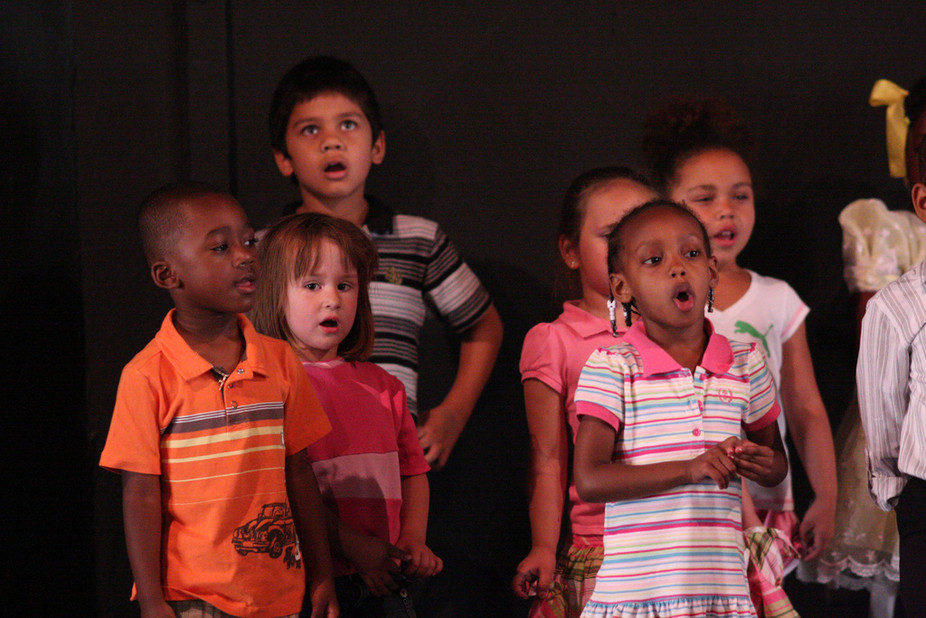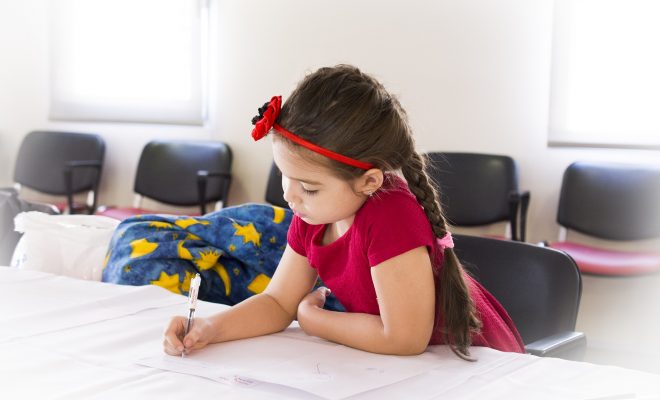HighScope Preschool Programs: Everything You Need to Know

These preschool programs, which are quite common in community-based programs such as the YMCA or other public centers, place emphasis on skills like counting, time-telling, and other practical skills, in their academic learning program.
The central curriculum principles that guide HighScope preschool programs are:
· Active participatory learning: Young children are given opportunities to have direct experiences and derive meaning from them through reflection. This helps them make sense of their surroundings. Since the power of active learning originates from initiatives, young children are encouraged to act on their inherent desire to explore. They ask questions about materials, people, events, and ideas that arouse their interest and search for answers or solve problems by trying different strategies.
· Adult-child interactions: Positive adult-child interactions promote active learning. Hence, adults engaged in the HighScope preschool programs take up a supportive role as they converse and play with children. They practice positive interaction strategies, including focusing on children’s strengths, sharing control, supporting their play, forming authentic relationships with them, and handling social conflict by choosing a problem-solving approach. Such adult-child interactions help the children confidently and freely express their feelings and thoughts while experiencing true partnerships with adults in conversation and play.
· Learning environment: The HighScope curriculum strongly emphasizes planning the layout of the program setting and choosing suitable materials. By giving the children an active learning environment, the HighScope preschool programs offer them ongoing opportunities to make decisions and choices. It’s the responsibility of adults to set up the play space into particular interest areas to support preschool children’s enduring interest in different activities. These could include solving puzzles, sand and water play, reading and writing, building, drawing and painting, counting, sorting, pretend play, singing, climbing, and moving.
· Daily routine: Adults plan a consistent daily routine that supports active learning. Such routine lets young children expect what happens next and give them a lot of control over what they will do in their preschool classes. The HighScope preschool daily routine typically strikes a balance between child-initiated activities and adult-guided group experiences. The former may include children reviewing their experiences, talking about what they have done, or expressing themselves via drawing, demonstrating, or writing. The latter could include movement and music activities, cooperative projects and plays, and story reenactments.
· Assessment: This includes a series of tasks to watch, document, assess, and continually strive to improve communication with children, their families, and coworkers.





